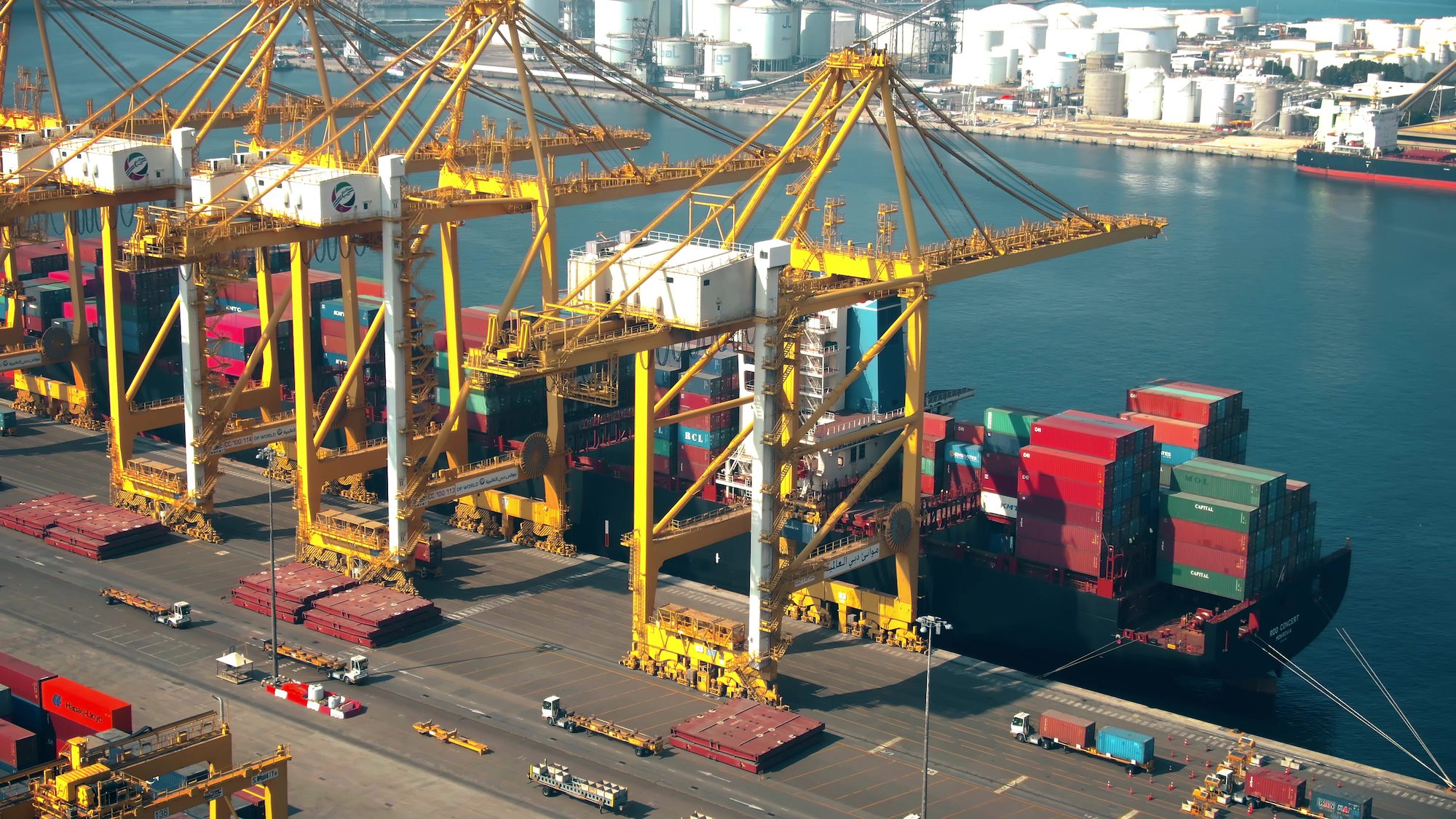A.P. Moller-Maersk (Maersk), the world’s second-largest ocean carrier, says it will continue to reroute its ships around the Cape of Good Hope for the “foreseeable future” due to escalating Houthi attacks. The company issued an update to its customers detailing the challenges it’s facing and the measures it’s implementing to mitigate the effects of shipping delays and disruptions.
Maersk said the situation in the Red Sea has become increasingly complicated in recent months, prompting the company to reroute to ensure the safety of its crew, vessels, and cargo. With the risk zone expanding and attacks reaching further offshore, vessels are forced to take longer routes, resulting in additional time and costs.
Maersk said the unexpected development has caused bottlenecks, vessel bunching, delays, and shortages in equipment and capacity. Maersk estimates an industry-wide capacity loss of 15-20% on the Far East to North Europe and Mediterranean market for the second quarter. To boost reliability, the company is increasing sailing speeds and adding capacity. Maersk has also leased over 125,000 additional containers to meet customers’ demand.
While spot rates have risen and remain considerably higher than they were a year ago, costs have also increased. Due longer journeys, increased sailing speeds, and additional fuel costs have resulted in surcharges that have been passed to the shippers. For instance, Maersk said fuel usage per journey has risen by 40%, and charter rates are three times higher, often fixed for five years.
“While we reduced the Peak Season Surcharge (PSS) recently, it has been increased again to help cover the additional costs… We will continue to review the surcharges regularly and will keep you up to date of any changes,” Maersk said.
Last week, Maersk raised the lower end of its financial guidance for 2024 after a strong start to the year, in large part due to vessel reroutings and stronger-than-expected demand.
Houthi Escalation
The update comes as Israel has reportedly initiated a military operation against Hamas in Rafah, located in southern Gaza on the border with Egypt.
The Houthi terrorist group on Friday threatened to escalate attacks on shipping in response to an Israeli attack on the city, vowing to impose sanctions on all ships and companies supplying and entering Israeli ports, irrespective of their nationality or destination.
“This message likely means the Houthis will attack ships of the same company/owner/manager as ships calling at Israeli ports that are transiting the Red Sea, Gulf of Aden, Arabian Sea, Indian Ocean and Arabian Sea regardless of their destination,” said Martin Kelly, Head of Advisory at EOS Risk Group, in a post published on X.
The U.S. Central Command on Monday said its forces shot down an uncrewed aerial system (UAS) launched by the Iranian-backed Houthis over the Red Sea.
Last week, the Houthis threatened to begin targeting ships in the eastern Mediterranean Sea after launching an UAS targeting an MSC containership in the Indian Ocean approximately 300 nautical miles southeast of the Horn of Africa. The attack, which caused minor damage, is believed to be the first carried out by the group beyond the Red Sea and Gulf of Aden.

 Join The Club
Join The Club










